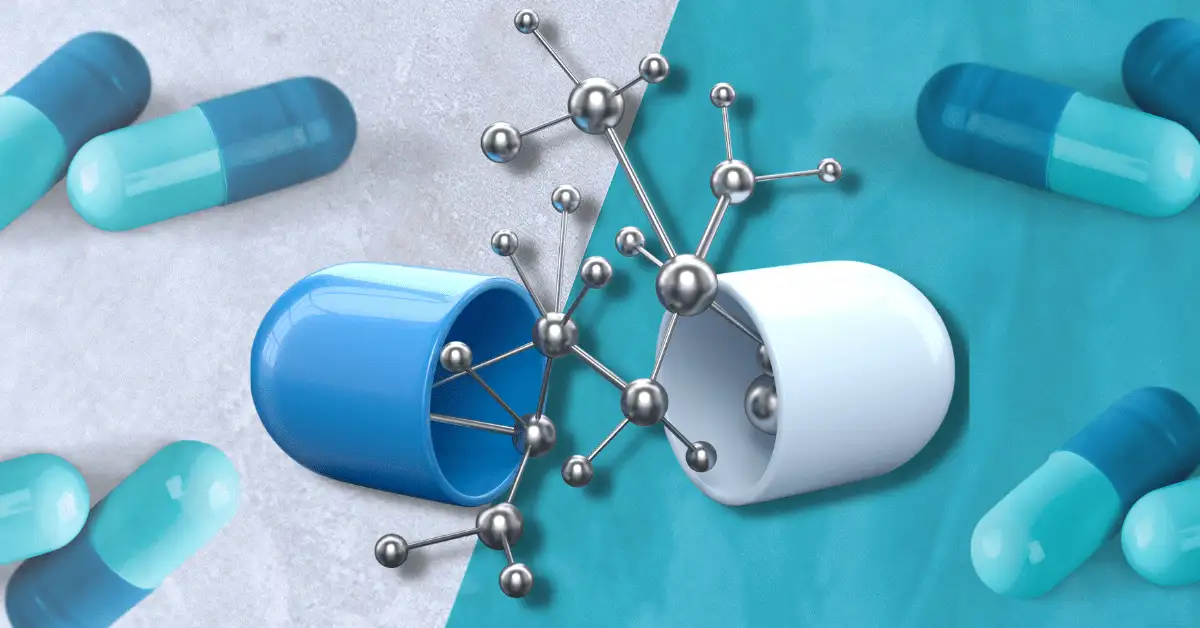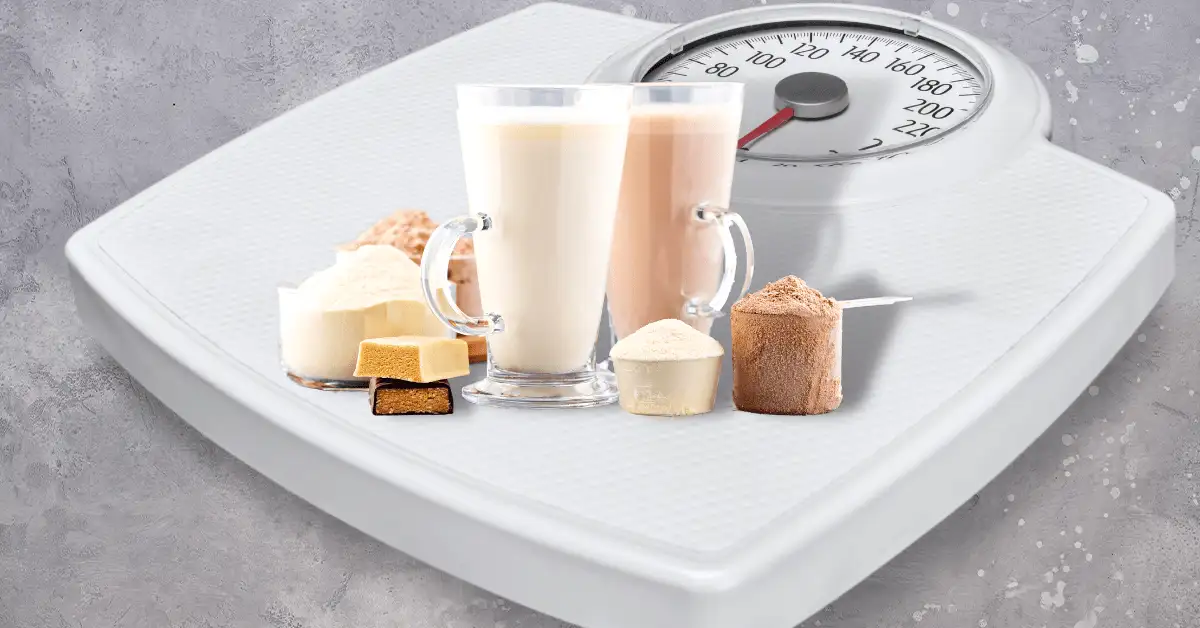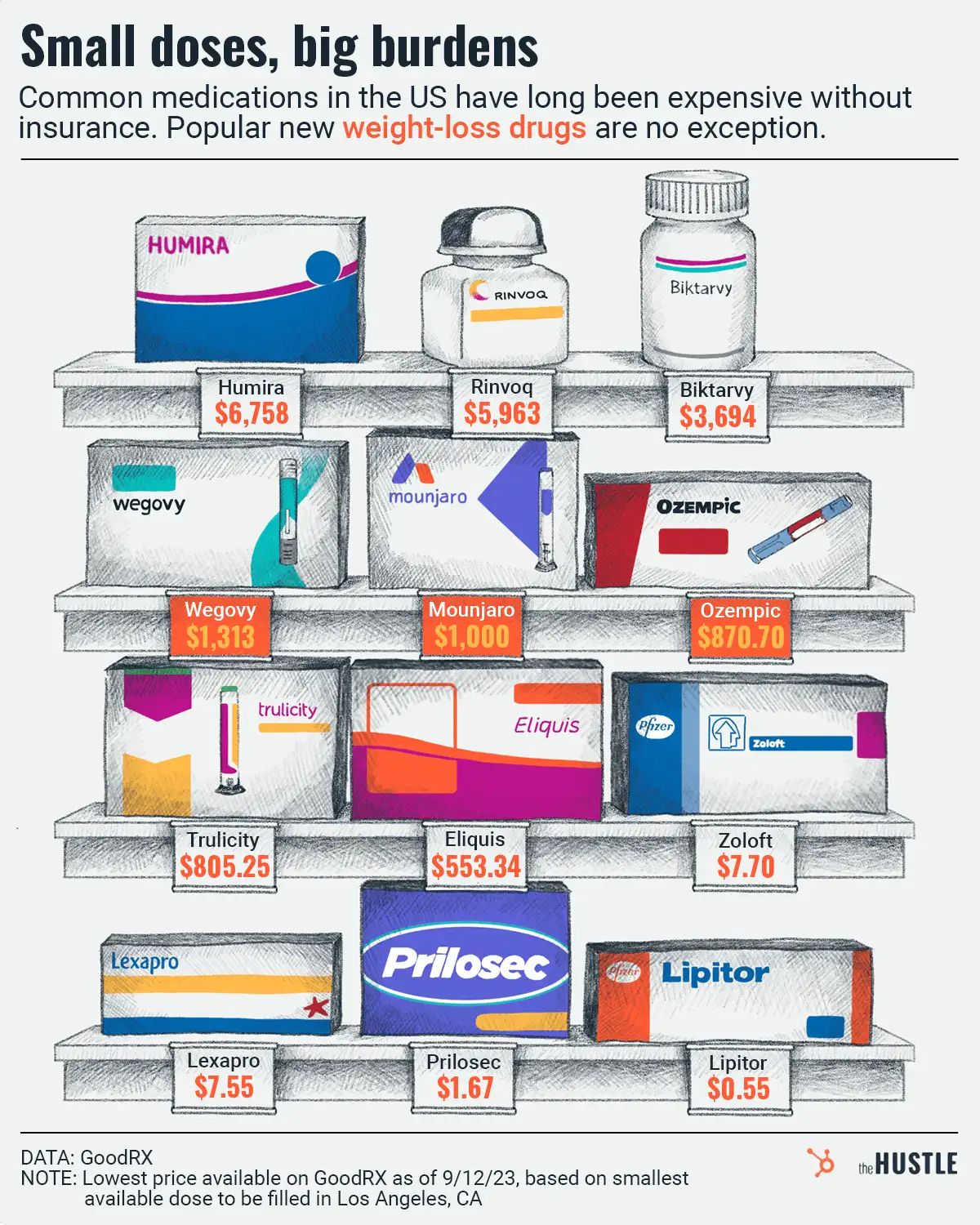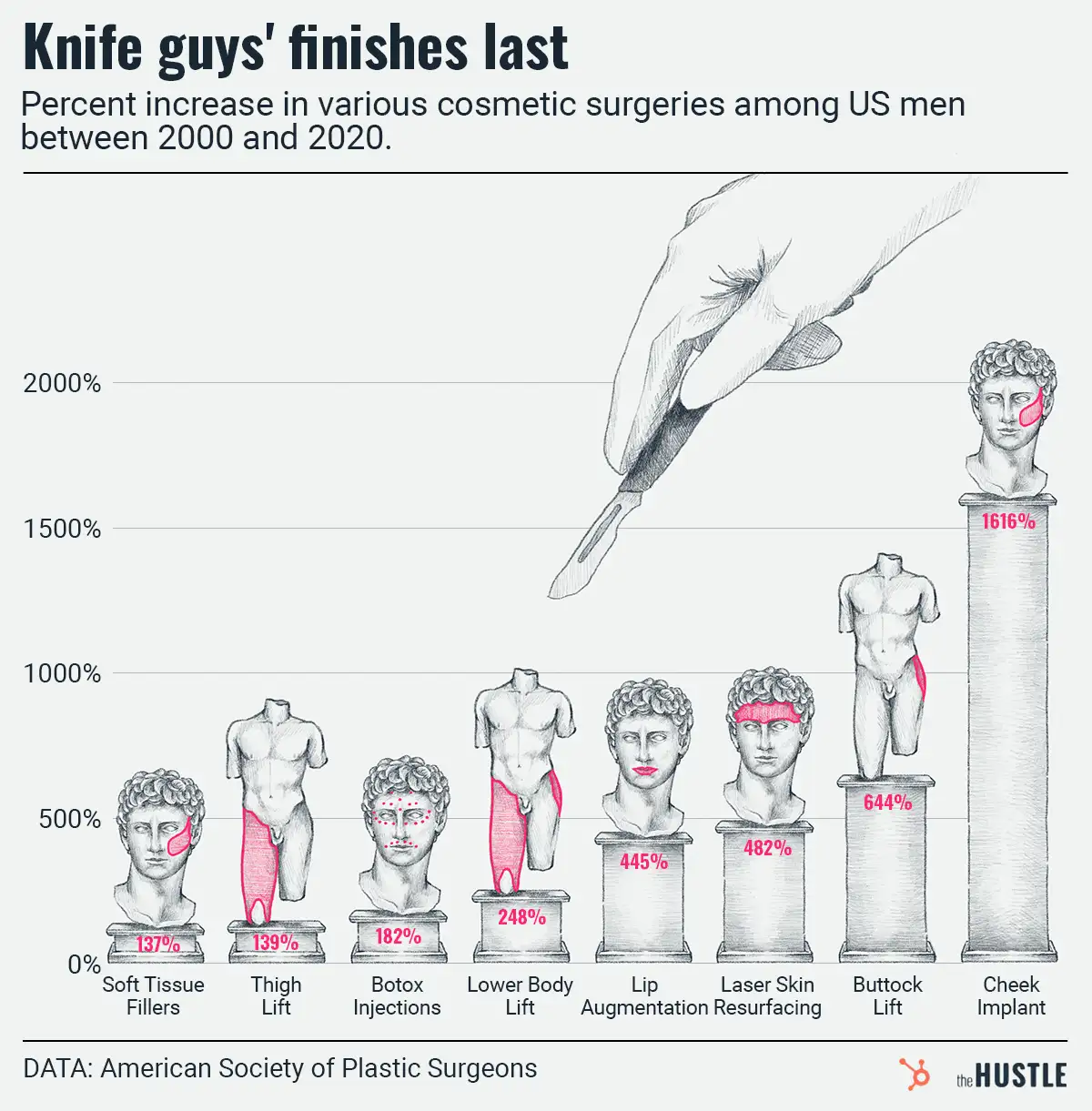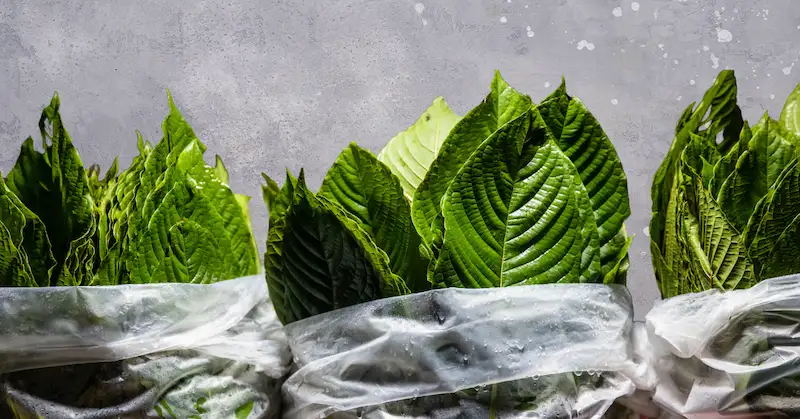Even if you don’t use them, you’re probably aware that tampons can leak at inopportune times. That’s why Greta Meyer and Amanda Calabrese founded Sequel.
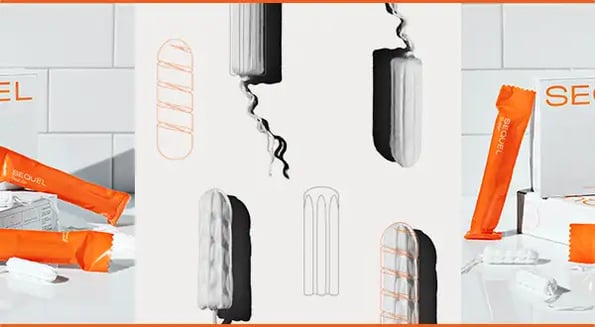
Well, sort of…
Meyer and Calabrese met while studying product design engineering at Stanford, where Meyer played lacrosse in an all-white uniform and Calabrese competed in lifesaving (AKA lifeguarding as a sport). So, yeah, no patience for leaky tampons.
The pair knew they wanted to create a better menstrual product of some sort, but narrowed their focus after their research found ~70% of US women use tampons.
How is Sequel different?
Per Meyer, most tampons have vertical channels that allow them to expand from the core to the outside as they fill with liquid.
“What we found is that that was actually contributing to a high prevalence of bypass leakage,” Meyer told The Hustle.
Basically, the tampons absorbed unevenly and leaked before they were full.
Sequel’s grooves are spiral, lengthening the flow path. Why?
- “The spiral slows the flow,” Meyer says
- Absorption is more even, reducing leaks as well as discomfort caused by dry spots during removal
- A higher percentage of each tampon is used
Why hasn’t anyone ‘re-engineered’ the tampon before?
There are newer D2C brands offering tampons made from organic cotton or infused with CBD, but the US tampon industry isn’t easy to break into because tampons are a medical device that must be FDA-approved.
Calabrese also thinks complacency plays a role.
“We found that women blame themselves [for leaks],” she said. “If women have no idea [that tampons] should be better… how are we ever going to innovate?”
Sequel is expected to hit the market in a few months, pending FDA approval.


